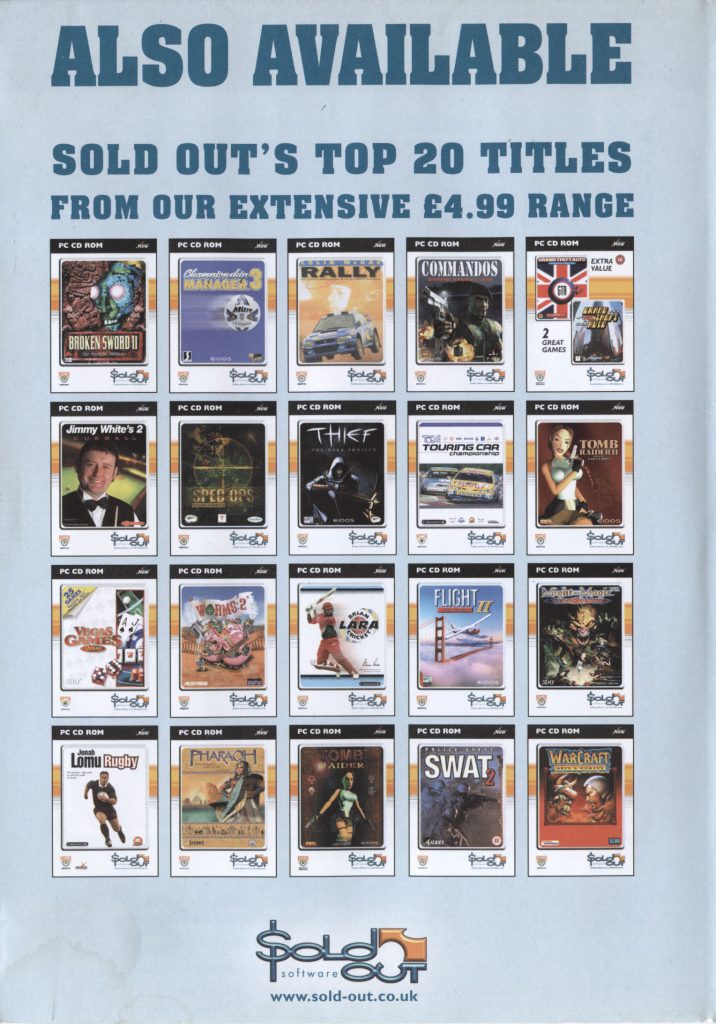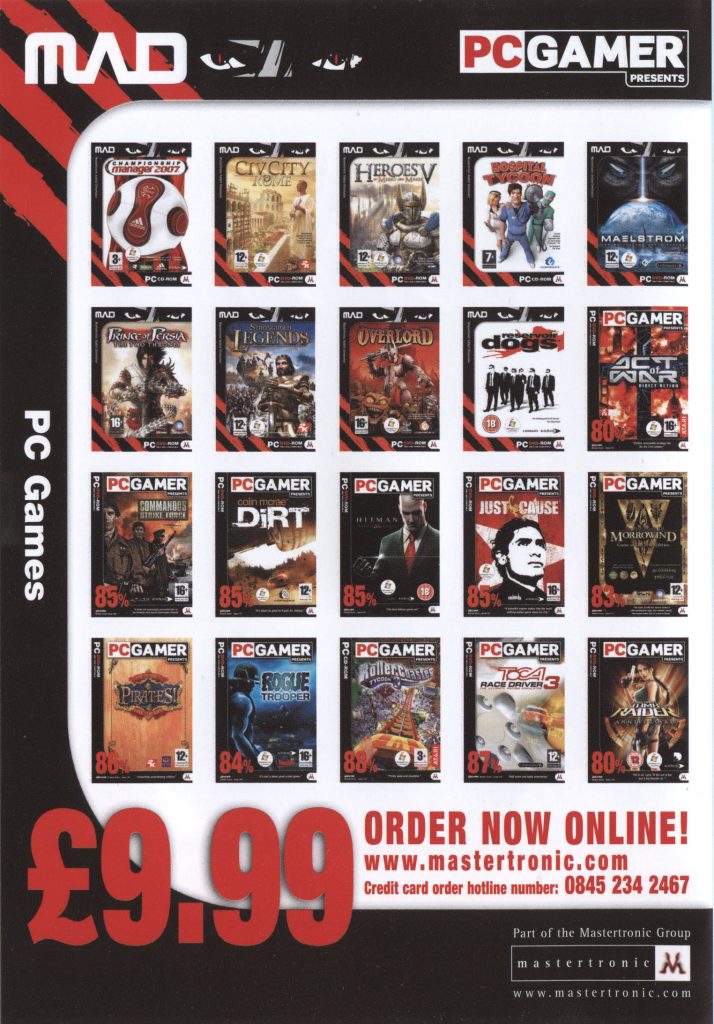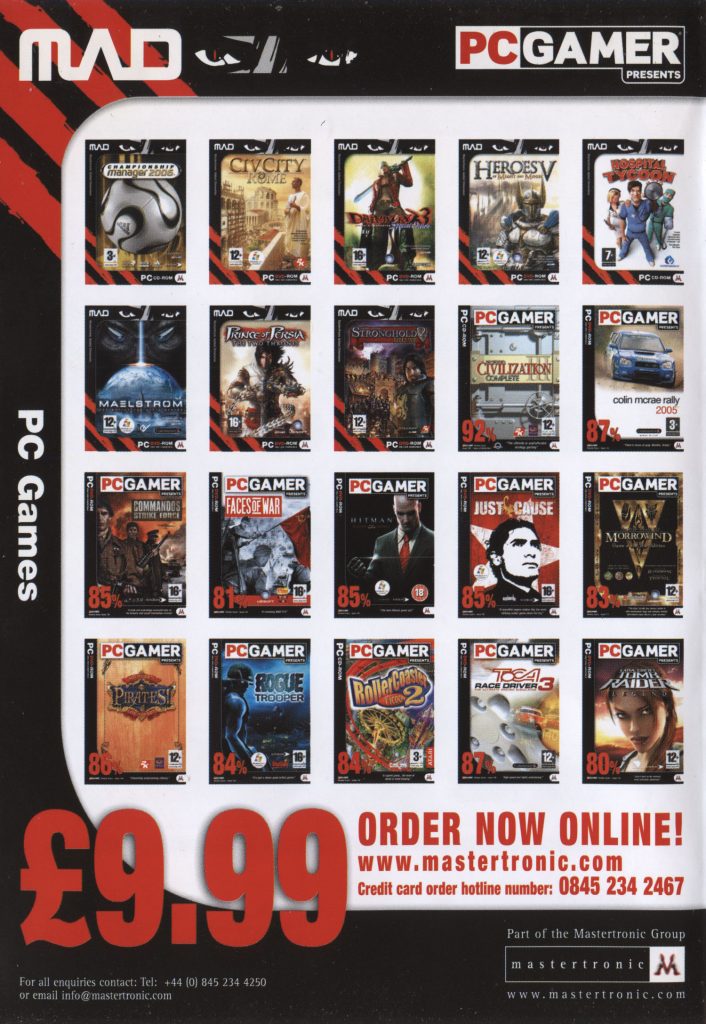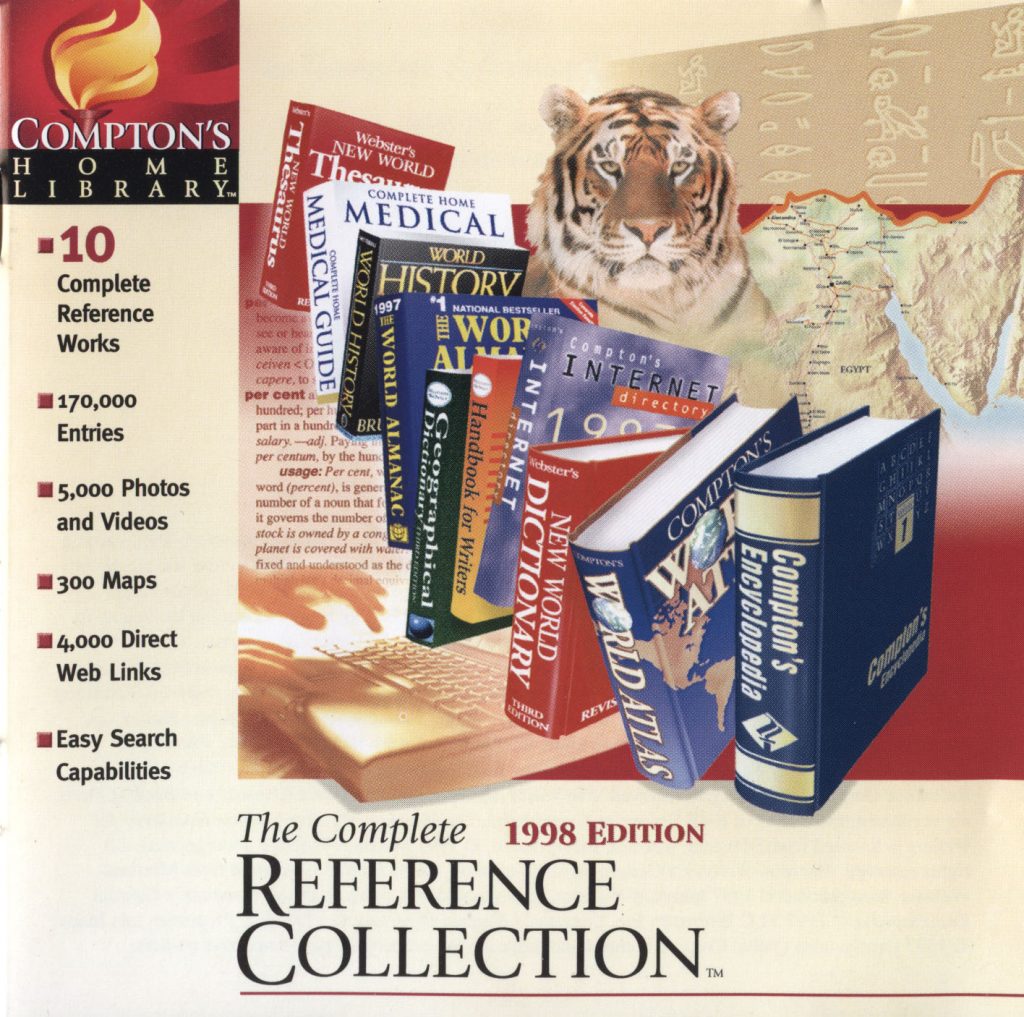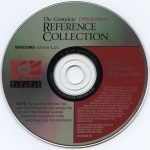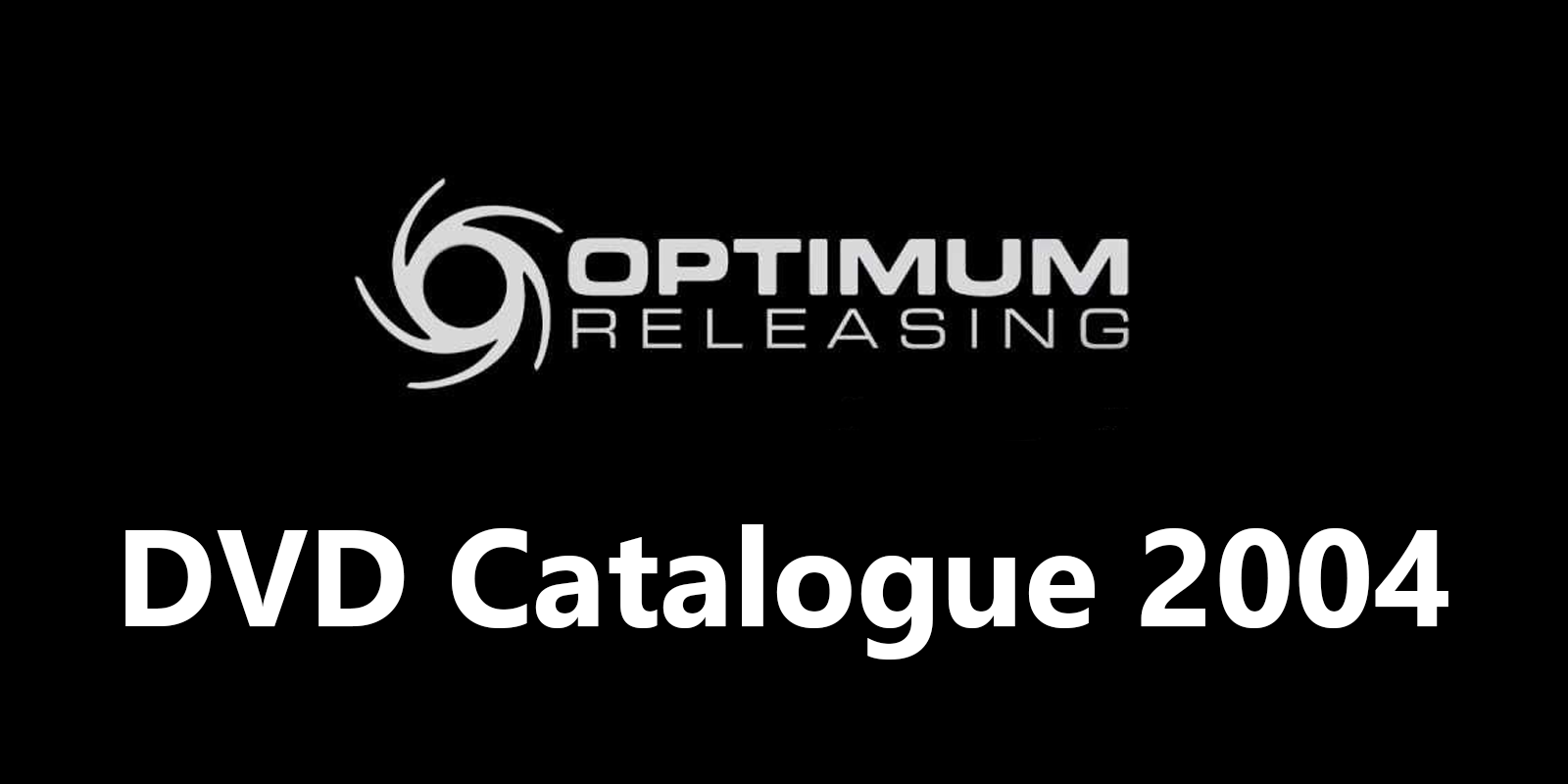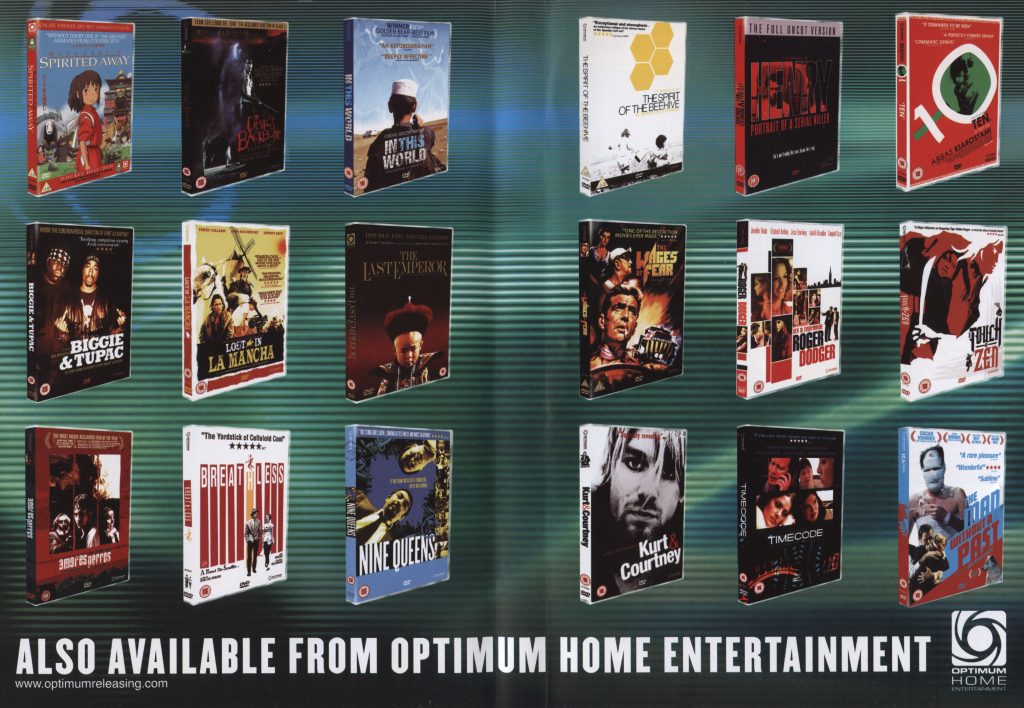HomeWise is a home management organiser from 1994 published by GSP and developed by Down To Earth Software Inc.

The software acts as a general home manager allowing the user to keep track of various information regarding their home in a series of lists. The software is separated into different categories to represent different rooms in a home – kitchen, lounge, bathroom etc. Within each category there are various sub-sections such as recipes (for the kitchen) or music collection (for the living room) which allow the user to record information in a database format.
Homewise.wri explains the software as so:
Welcome to the GSP HOMEwise computer program. If you are not very familiar with computers but you have come this far, congratulations – you’re already over the main hurdle. You can now settle in and enjoy the rest of your visit.
This program was developed specifically for today’s “Electronic Family”. Most electronic families have at least one member who is not as experienced or comfortable with computers as the others. GSP HOMEwise was written very carefully with that person in mind – we believe everyone should enjoy computing. At the same time, we wanted it to provide the entire family with a useful, powerful and very worthwhile home computing program.
Two objectives were predominant throughout the development stages of GSP HOMEwise: firstly, the program must be completely understandable by all users – novice, intermediate and experienced, and, secondly, it must be a truly useful tool in the day-to-day management of home and family affairs.
If you have any suggestions about how GSP HOMEwise could be improved, please let us know (see Your Suggestions… in More…) – after all, this program was written for you!!
Most operations are performed with the mouse by clicking on “buttons” – pictures representing the function you wish to use or go to. Specific information is input either by keyboard or by making a selection from a multiple choice list. Most screens offer Help, while the “help bar” at the bottom of each screen shows you what each control does, what each function is and, often, what you should do next.
Editor Thoughts
So far while running through the shovelware showcase series I have mainly come across a lot of boring bits of software. Boring in so much they don’t do anything different – photo editors trying to mimic PhotoShop, word processors trying to be Word and desktop publishers imitating Publisher. HomeWise is by no stretch of the imagination anything super interesting, a simple crossword or backgammon game is 10x more so – but how it is interesting to me is that it simply exists.
Taken down to its bare components HomeWise is just a series of pre-made forms that feed into a very simple database structure. OK I have to remember its 1994 and this application is intended for average Joe and not computer nerd Nick – but it really isn’t anything overly special. What I wondered while flicking through the various views in the application was, who was using this in 1994? Only now in 2019 are people just starting to adopt computers to help them with the running of their homes – mainly with the introduction of “home assistants” like Amazon’s Alexa or Google’s Home product – and even then most people rarely use them for more than a fancy wireless speaker. 1994 computers were huge power hungry beasts with big beaming CRTs usually reserved for a desk in a study or a spare room – how often would family members be consulting their home PC for a list of restaurants they like? Again remembering that this is before the age of always on internet tracking, no Google suggesting places you want to eat via subliminal messaging using the medium of adverts.
Whenever I come across an item of curious software like this I like to go and do some basic research as to what happened to the development house (Down To Earth Software) and if there were any news articles about the software. More and more I find that a lot of these shovelware titles are long forgotten and were old news by the time they were on the carousel stand at the local Wilkinson’s – but not with HomeWise. Firstly the application is still available through the shovelware cesspit that is CNET’s Download.com. where after closing the infuriating auto-play adverts I uncovered some reviews. Not just one, but multiple reviews over the last decade of people (mostly) praising this software stating that they find it very useful. Unfortunately no-one goes into any real detail about what they do with the software which is a disappointment and the last review was sometime in 2010 – but still this means that this software was being used well into the days of smartphones which are admittedly much better suited to tracking things like calendars and shopping lists.
With that bit of research completed I moved onto look at the developer, Down to Earth Software. Down to Earth Software are a small (5 man team) business based outside of Sacramento, California and are still selling their software development services under both Down to Earth and Datavision brands (of which the latter was apparently founded way back in 1978). Searching around a little more for a few other search terms I came across a very sweet little website for which time truly stopped in 2001, Byrd Country. This family website (last updated in 2010) covers the trials and tribulations of Thomas Silverthorn and his wife Meredith who live in Wellston, Michigan. My entry point to this website was this page which appears to be completely orphaned from the rest of the website (searching around there are many pages like this), but navigating back to just the domain name is a real trip. Gradients, widgets, automatically playing background music and some of the smallest pictures I have ever seen they are all here on this website. I highly suggest their website to anyone who likes a bit of internet archaeology. But my journey didn’t stop there, as it turns out the Silverthorn’s also run their own web design business trading as Silverthorn Enterprizes (sic). Looking through their portfolio they are still updating many pages, all equally uh “basic” in nature. I have to give it to them if they can make it work it gives hope for the rest of us, but I really must ask why they don’t consider updating their skills a little bit and embrace the world of HTML5, CSS3 and some simple frameworks like Bootstrap. The tunnel goes deeper as you find that our dear friend Thomas worked at a local Michigan ISP, WMIS – who still in 2019 are offering a 56K dial-up service for anywhere between $9.95 to a staggering $19.95 a month.
System Requirements
The software documentation makes no direct remarks to system requirements however within the application the Technical Tips view describes that the software can run on any hardware that is already running Windows (expected to be Windows 3.1). Considering how light this application is in its footprint this can be considered true.
Changelog / Known Issues
The software does not include any changelog or known issues in any of its included documentation.
While testing the software in a VMWare virtual machine we experienced no faults or issues when running the software under Microsoft Windows 98 SE.
Extras
The software appears to keep all of the information input in a standard Microsoft Database file (MDB).
Gallery
-

-
Start Screen
-

-
Add/Remove Users View
-

-
Home Safety View
-
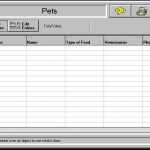
-
Pets View
-

-
Trip Log View
-

-
Vacation Checklist View
-
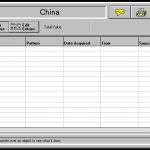
-
China View
-

-
Dining Out View
-

-
Video Games View
-

-
Video Cassettes View
-

-
Music View
-

-
Family Calendar View
-
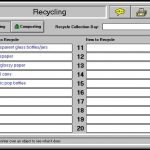
-
Recycling View
-

-
Recipes View
-

-
Back-up Utility
-

-
Technical Tips
-

-
Splash Screen
-
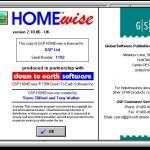
-
About Dialog
-

-
Setup
Further Reading
Test Information
Software was tested and installed from an ISO copy of The Multimedia Variety Pack.
Software was run under Microsoft Windows 98SE running in a VMWare Workstation 15 environment with the following spec:
- 256MB RAM
- 10GB HDD
- VMWare SVGA II graphics adapter at a resolution of 1280 by 960
- VMWare sound card with Creative Sound Blaster driver loaded
Around 2 hours have been dedicated so far to the testing of this application.
